Dirty Laundry: An Investigation
Dissent

Thousands of laundry workers—largely African-American or immigrant women—labor in hot, crowded, and often dangerous or toxic conditions to clean the linens used by millions. And it is these workers who endure the consequences of an industry plagued by poor working conditions, exploitation, and abuse.

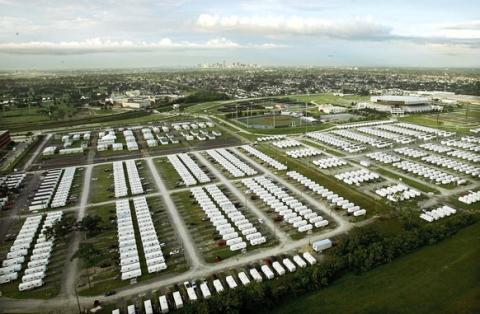
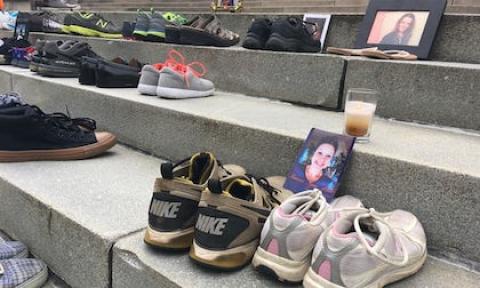
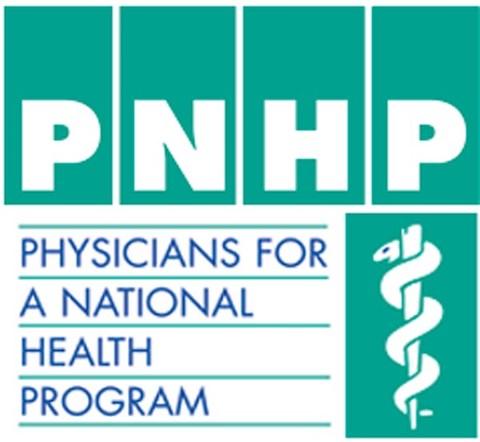


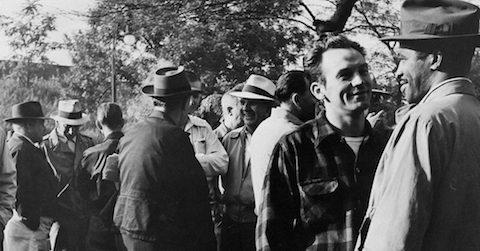
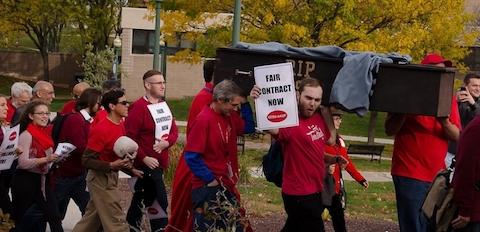
Spread the word